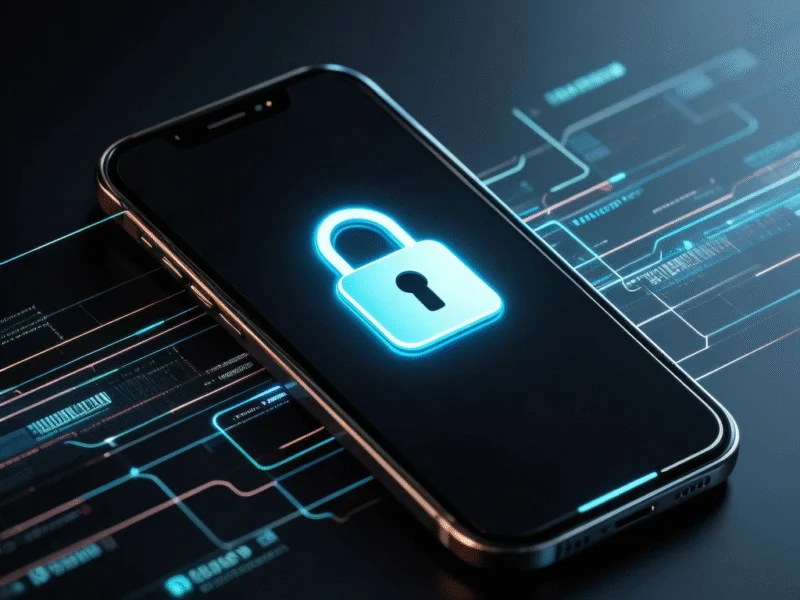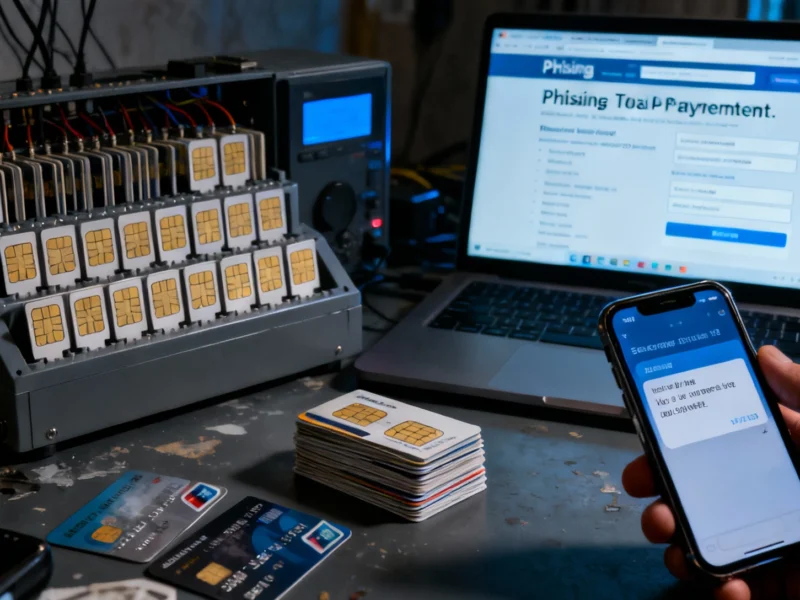According to Inc, cryptocurrency investor Michael Terpin lost millions in 2018 when attackers executed a SIM swap by moving his phone number to a new SIM, using that access to reset passwords and steal his cryptocurrency. This incident highlighted how a single exposed phone number can turn public visibility into catastrophic financial loss, creating the exact risk that wealthy individuals and high-profile companies now pay boutique privacy teams to manage. These specialized teams combine monitoring, removal, telecom hardening, and reputation repair through standing retainers that guarantee immediate coordinated action across platforms, courts, and media. The FBI IC3 report and recent journalism document a SIM-swap surge, showing account takeover remains widespread despite technical controls like passwords and two-factor authentication. For many family offices, monthly privacy retainers have become normal line items, similar to concierge medicine or private jets—expensive but predictable and insurable.
Why visibility hurts
Here’s the thing about being digitally visible today—it’s not just about privacy, it’s about security. Your public profile, data-broker records, old social handles, and archived accounts create what security folks call an “attack surface.” And attackers can monetize that surface in hours. A scraped home address, an old email, or a leaked phone number lets imposters stitch together enough detail to impersonate you or convince support staff to hand over access.
Technical controls help, but they’re not enough. Attackers often exploit human processes at service providers, flawed verification scripts, and rushed help-desk interactions. That’s why defensive plans have to change the processes attackers target, not just the tools they use. Basically, if someone can social engineer their way past your security, all the two-factor authentication in the world won’t save you.
The privacy industrial complex
So what do these boutique privacy teams actually do? They’re running three tracks simultaneously: technical mitigation, legal escalation, and public messaging. They sweep the open web and underground forums for client mentions, file takedown requests when sensitive data appears, and publish authoritative content so search engines surface verified information rather than rumors. The CISA and FBI advisory on social engineering explains exactly how attackers use human tricks to bypass technical controls.
The retainer model is key here. Paying in advance guarantees immediate, coordinated action across platforms, courts, and media. In practice, a pre-authorized retainer is materially cheaper and faster than an emergency scramble. Emergency responses typically multiply costs, drag out recovery, and damage trust. It’s the difference between having a fire extinguisher and calling the fire department after your house is already burning.
Why your phone company matters
Mobile carriers like AT&T, Verizon, and T-Mobile are critical players in this privacy ecosystem. They manage the number itself and the porting procedures that attackers exploit. When a number gets transferred without strong controls, it can defeat text message multi-factor authentication instantly. That’s why carriers now offer features like AT&T’s Account Lock and similar protections from Verizon and T-Mobile.
Think about it—your phone number has become the master key to your digital life. It’s how you reset passwords, receive verification codes, and prove your identity. If that gets compromised, everything else follows. This isn’t theoretical—the FBI’s latest IC3 report shows account takeover remains rampant.
Silence as strategy
Buying silence isn’t about hiding financial accomplishments. It’s about reducing the attack surface so achievements can’t be weaponized against you. Digital invisibility has become purchasable because it meets three things wealthy buyers highly value: scarcity, measurability, and replaceable cost.
These services are labor- and relationship-intensive, not commodity software. The subscription model creates scarcity by design, and the price signals that scarcity. When visibility generates revenue for you or your company, silence becomes risk management. Buying it in advance converts vulnerability into a manageable operational asset. Quiet bought in advance is resilience; quiet bought in panic is costly. And in today’s hyper-connected world, that might be the smartest investment you can make.




